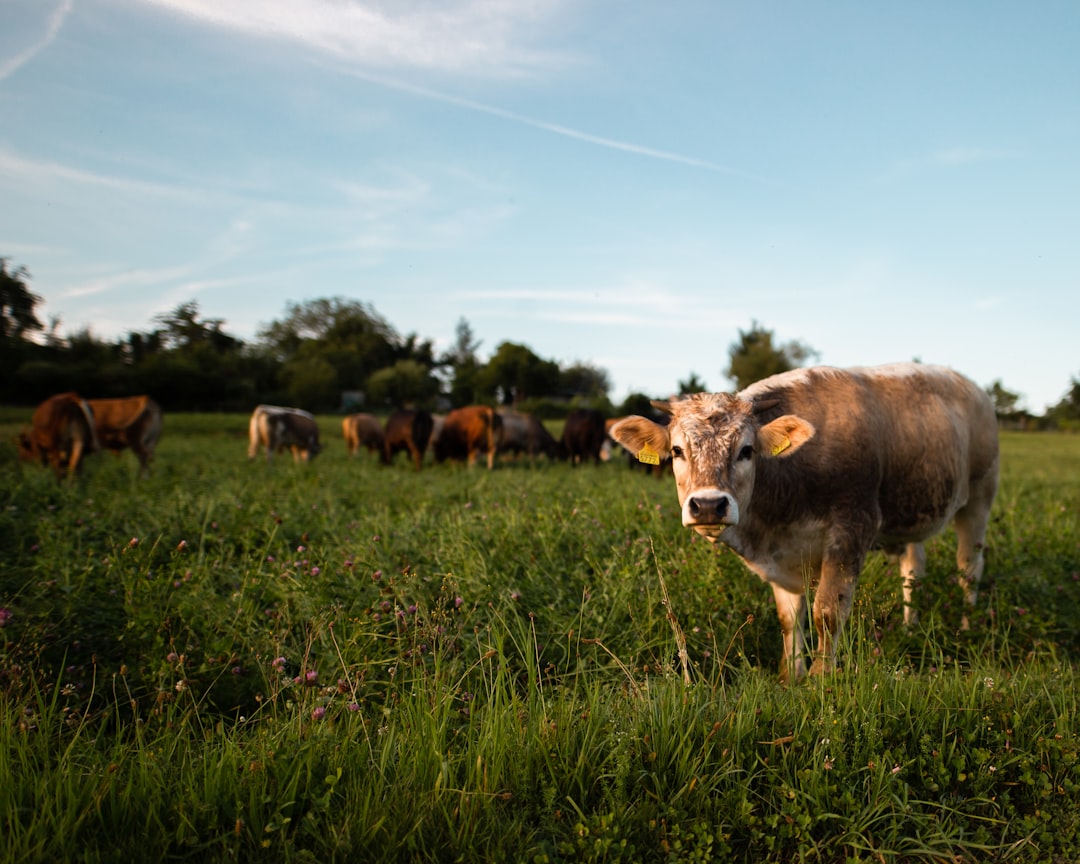The ethical considerations surrounding the raising of farm animals for food and fiber are complex and multifaceted, reflecting a global shift towards more humane and sustainable agricultural practices. This post explores the various welfare standards, consumer concerns, and the evolving landscape of ethical animal production.
Ethical Considerations in Animal Agriculture
Ethical debates in animal agriculture often center on animal welfare, environmental impact, and the co-evolutionary relationship between humans and domestic animals. Critics argue that intensive farming systems exploit animals, while proponents highlight the mutual benefits of domestication, including improved agricultural efficiency and landscape management. Key ethical considerations include:
-
Animal Welfare: Ensuring that animals are treated with respect and care, allowing them to express natural behaviors and live free from unnecessary suffering.
-
Environmental Impact: Balancing agricultural productivity with environmental sustainability, minimizing habitat destruction and pollution.
-
Consumer Awareness: Educating consumers about farming practices to promote informed choices that support ethical production systems.
Welfare Standards Across the Globe
Different regions and organizations have established welfare standards to address ethical concerns:
-
Certified Animal Welfare Approved (AWA) by A Greener World: These standards emphasize high-welfare farm management, requiring animals to be raised on pasture or range, and are recognized globally for their rigor.
-
Responsible Minimum Standards (RMS): Guidelines that outline minimum welfare standards for raising, transporting, and slaughtering farm animals, focusing on species-specific needs.
-
Global Animal Partnership (GAP): Offers tiered welfare standards that encourage continuous improvement towards more natural environments for animals.
Consumer Concerns and Perceptions
Consumers increasingly prioritize animal welfare when making food choices, with many willing to pay more for products from welfare-friendly farms. Key consumer concerns include:
-
Intensive Farming Systems: Consumers are often critical of large-scale intensive systems, which they perceive as compromising animal welfare.
-
Transparency and Labeling: There is a growing demand for clear labeling and transparent monitoring systems to ensure that products meet high welfare standards.
-
Environmental Impact: Consumers also consider the environmental footprint of farming practices, favoring systems that promote biodiversity and reduce pollution.
Conclusion
Ethical considerations in raising farm animals for food and fiber are evolving rapidly, driven by consumer demand for more humane and sustainable practices. By adopting rigorous welfare standards and addressing consumer concerns, the agricultural sector can move towards a more ethical and environmentally conscious future. As global food systems continue to face challenges, prioritizing animal welfare alongside environmental sustainability will be crucial for building a resilient and morally progressive food culture.
Citations:
- https://consensus.app/questions/what-ethical-considerations-enhancement-animals/
- https://agreenerworld.org/certifications/animal-welfare-approved/standards/
- https://pubmed.ncbi.nlm.nih.gov/32120935/
- https://www.foodethicscouncil.org/theme/animal-welfare/
- https://www.farmsinitiative.org/safeguardwelfare
- https://www.frontiersin.org/articles/10.3389/fanim.2022.930930/full
- https://knowledge.cta.int/Dossiers/Commodities/Livestock/Feature-articles/The-ethics-of-animal-production-and-sustainability.html
- https://globalanimalpartnership.org/standards/

Comments
No comments yet. Be the first to comment!
You must be logged in to comment. Login